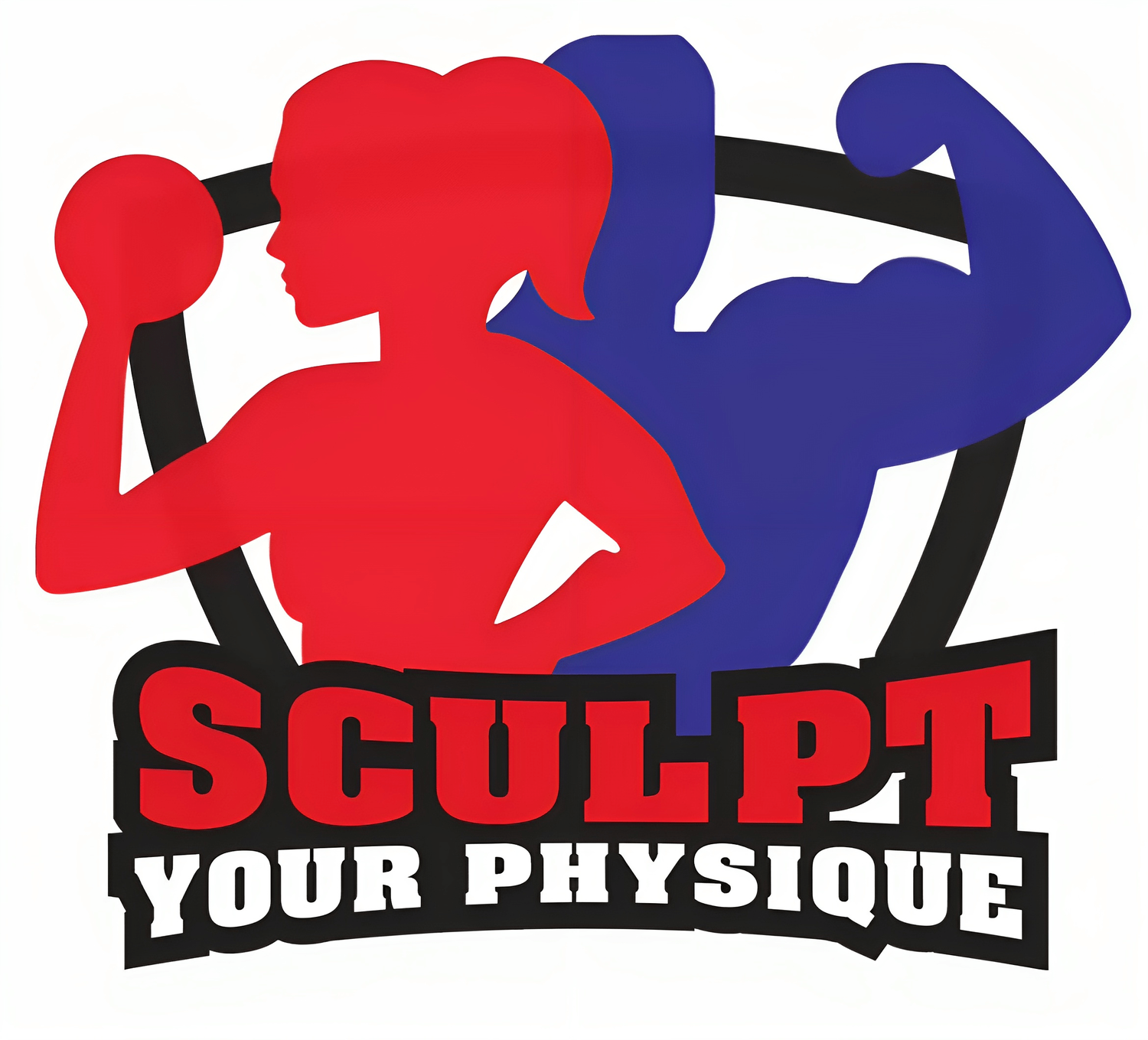How to START YOUR fitness JOURNEY
The well-known rule states it is 80% nutrition and 20% exercise.
However, what I have realized over the years, when you want to achieve great results.
The rule is 100% nutrition and 100% exercise.
It is important to realize that our body is not a rubbish bin, where we can throw anything we want to. What am I trying to say is, we don’t water our plants with sweet soda drinks, we water them with plain water.
Why would YOU, then consume random things, that are not beneficial for your body?
It is very important to know that, human body needs macronutrients like
carbohydrates, protein, fats, fibre and micronutrients like vitamins and
minerals. We don’t get all of these from ready meals and junk foods, but
from a healthy balanced meal.
I will explain all of them, so you can understand it better.
Protein
Protein is used by the body to build and repair tissues. Weightlifting and resistance training damages the muscle, therefore it is crucial for us to have more than enough protein in our body. It is essential for growth and repair. Definitely, the most important one to build and preserve muscle.
Carbohydrates
Essential as it fuels all our body functions. Don't leave out carbs!
We want unrefined carbs; they are healthier and more fulfilling as the body needs to work harder to break them down.
Fats
We want unsaturated fats, the good ones.
It does not matter if your goal is to lose fat or build muscles, it is all about
the total calorie intake (Calories in vs. calories out). Energy balance is
the balance of calories consumed through eating and drinking compared
to calories burned through activity. What you eat and drink is ENERGY
IN, and what you burn through physical activity is ENERGY OUT.
If your goal is to build muscles-you have to be in calorie surplus or
around your maintenance.
If your goal is to lose fat you have to be in calorie deficit.
Without the correct energy balance, you will not get the results you want.
How can I know how many calories I should be eating every day?
You have to understand that your calorie intake is specific to you and your daily activities. You can eat exactly the same number of calories as someone else, and you can look completely different. Just because someone else can lose fat eating 1900kcal doesn’t mean that you will too.
You can use tdeecalculator.net where you can type in your weight, height, activity level. It is not 100% accurate, but it is the best option available online.
So, how do you start? Let me break it down into a few steps.
Step 1. Figure out what are your maintenance calories.
Step 2. If your goal is to lose fat, you will create a calorie deficit (take out
400/500kcal of your maintenance). If your goal is to build more muscle,
you will create a calorie surplus (add extra calories to your maintenance,
I would recommend that you start with 200 kcal extra and stick to that for
a couple of weeks and track your weight. Increase carbs).
Step 3. Set your protein target. You want to get in around 2g of protein
per kg of body weight. Say that your weight is 60 kg. 60x2 = 120g.
Step 4. Carbs and fat will make up the rest of your calories. That will
depend on your personal preference. I recommend setting up your fat
intake to 20% of your total calories, and the rest of the calories will come
from carbs.
FAT LOSS
The majority of people underestimate the number of calories they eat. One of my clients was having 500kcal each day only from consuming too many teas (with full-fat milk).
Now, if your goal is fat loss, I would recommend that you start with a
500kcal deficit. Figure out your maintenance calories, and simply take
500kcal out.
Sleep
How is sleep connected with fat loss? Sleep is very important, lack of
sleep leads to stress and binge-eating. While you are asleep, your body
releases the hormone leptin which tells your brain when you are full.
When you don’t get enough sleep, you end up with too little leptin in your
body which leads to eating when you are not even hungry.
Stress
You might have noticed that whenever you get stressed, you put on weight, or you lose weight. Stress itself will not lead to weight gain, but it will most definitely contribute to poor food choices. How many times have you found yourself eating something sweet simply because you were under a lot of pressure and didn’t have time to cook a homemade meal?!
How many grams of carbs, fats, and protein should I eat in a day?
Your total daily calorie intake will depend on a few different things: your goal (fat loss or muscle building), your total body weight, age, height, and activity level.
The main thing that you want to focus on, is to hit your daily protein goal
CONSISTENTLY! The rule is that you should aim for 2g of protein per kg of body weight.
Set your calorie goal first, and then set your protein, carb, and fat intake.
Do you need more help with setting up your calories?
Don't hesitate to contact us, if you require more guidance about your nutrition, or if you need a tolerated meal plan.
Always more than happy to help.


